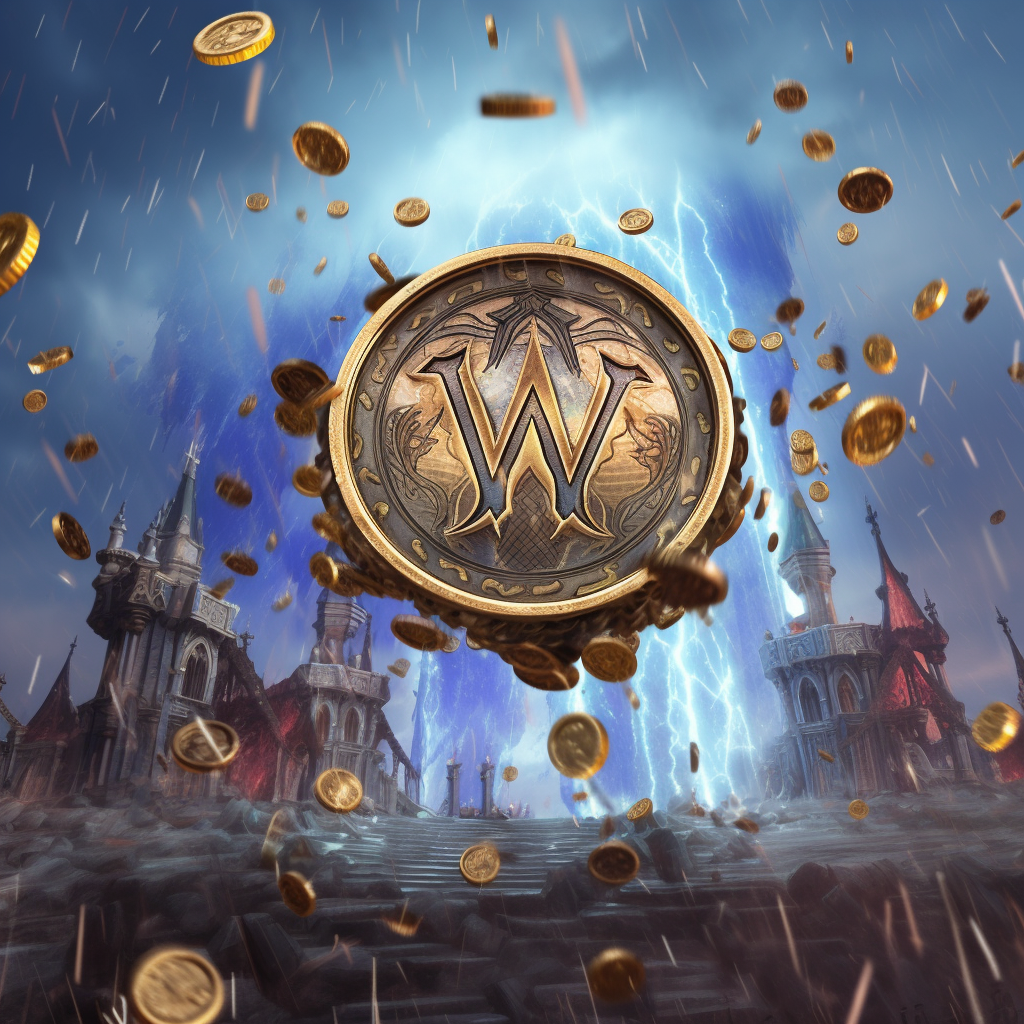
The gaming industry has undergone significant changes, with the introduction of real-money trade being a notable development. The World of Warcraft Token (WoW Token) exemplifies this trend, igniting controversy and debate. While opinions on real-money trade may vary, it is important to view its implementation as a deliberate feature rather than a flaw.
Real-money trade disrupts the traditional notion of equality in gaming, where players escape real-world inequalities and uphold an unspoken agreement on merit. Critics argue that transferring real-world wealth into the gaming environment challenges the level playing field cherished by gamers. The impact of real-money trade warrants critical examination, raising questions about the value of skill and dedication when financial investments offer shortcuts to success.
Moreover, real-money trade can commodify in-game progress and achievements, potentially undermining the inclusivity and accessibility of gaming. Concerns arise about success being determined by financial resources rather than individual skill and dedication, placing players at a disadvantage if they choose not to engage in real-money trade.
Despite ongoing debates about its merits, real-money trade offers convenience and flexibility to players with limited time but ample financial resources. It caters to the demands of a fast-paced world where time constraints are prevalent. Additionally, as the gaming community matures, real-money trade acknowledges the needs of adults with disposable income but limited time for lengthy gameplay sessions. It allows them to participate and compete at their desired power level.
In addition to the convenience and flexibility offered by real-money trade, it is important to consider what can be acquired with in-game gold. Players have the opportunity to make various quality-of-life improvements, such as purchasing epic mounts, larger bags and banks, and items available on the auction house. However, a particular source of animosity arises from GDKP raids, where players bring large amounts of gold into a raid and are carried by more skilled players, accumulating raid gear through gold transactions.
While some argue that this diminishes the direct correlation between a player’s gearscore and their skill, it is not a simple equation where gold alone can overcome a lack of skill. Effortlessly climbing the progression ladder in World of Warcraft solely through gold is not feasible for the average player. Social dynamics, a baseline expectation of performance, and connections play crucial roles. While the raw amount of gold possessed can differentiate the most extreme buyers, this narrow scope of obtaining hard mode loot represents only a minority of the player base.
It is true that the gaming landscape has changed, and skill is no longer the sole determining factor at the pinnacle of progression. However, it is essential to recognize that gold is not the sole factor shaping a player’s agency and power in the game. Other factors, in addition to gold, contribute to the modern player’s effectiveness. While gold holds significant influence in extreme cases, it is important to consider the broader context and understand that it is not the sole determinant of success or skill.
The introduction of the WoW Token and real-money trade has sparked a divisive and contentious debate within the gaming community. There is no definitive answer to this complex issue, as different perspectives exist. Navigating the challenges posed by real-money trade requires ongoing dialogue, respectful consideration of differing viewpoints, and a willingness to explore alternative solutions. Recognizing the divisive nature of the topic and the absence of a one-size-fits-all solution is crucial in addressing the complexities of real-money trade in the gaming industry.